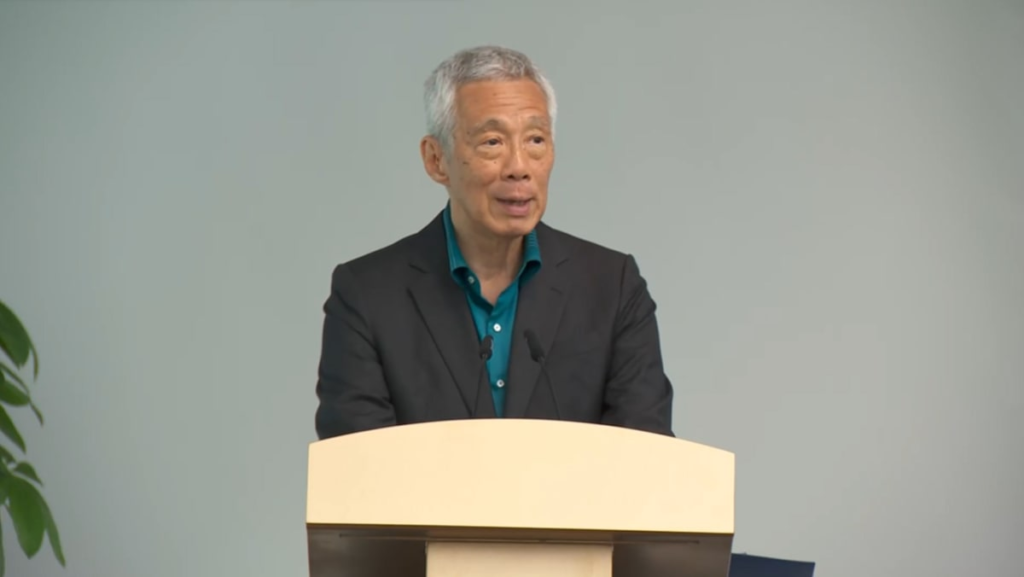SECURITY COOPERATION
In his speech, Mr Lee also touched on the transformation of bilateral ties between Singapore and Japan since World War II, from a painful wartime past to pragmatic post-war economic collaboration.
However, Mr Lee said that the topic of security cooperation between the two countries has been a sensitive one for many years due to this history.
“For the generation who had lived through (World War II) and the occupation, in many countries in East and Southeast Asia, that was a bridge too far,” he added.
This was the reason why in the 1977 Fukuda doctrine, Japan rejected a military power role despite the ability to rearm and produce nuclear weapons, Mr Lee said.
Even in 1991, when Japan sent minesweepers overseas to support coalition forces in the Gulf War, many Asians “were uneasy”.
But Mr Lee noted that things have changed with time, and the current generations do not “carry the same emotional scars” from the war.
The Japanese people today also hold different social and political values compared to those before the war, and the country’s successive prime ministers have also sought to build trust with the rest of Asia through words and actions over the years, Mr Lee said.
“Successive Japanese governments have also taken deliberate steps to explain Japan’s security posture, and to show sensitivity to historical concerns,” said Mr Lee.
On the current global situation, Mr Lee noted that there are now three nuclear powers in the Asia Pacific, excluding North Korea.
There is also “intense rivalry” between the United States and China, as well as tensions in the Taiwan Strait, East China Sea and South China Sea, said Mr Lee.
“This has shifted attitudes in Southeast Asia and caused countries to rethink their policies on security cooperation with Japan.”
Read the full article here

